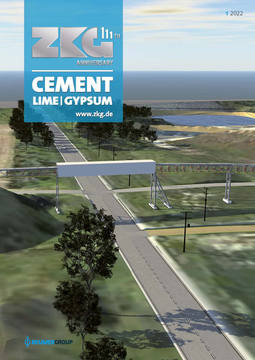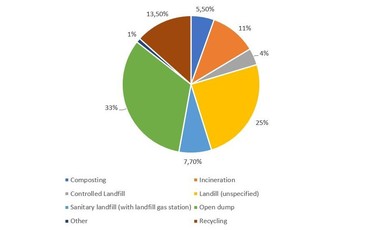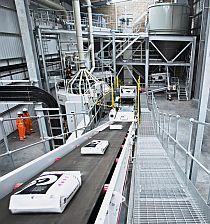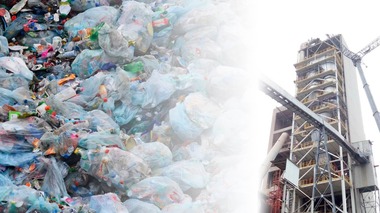The return to business as usual?
Again we find ourselves sketchin our plans for the new year! We are all hopeful again, that this will be the year in which we leave Covid behind and return to “business as usual”. Well, let’s at least hope we overcome the Covid pandemic – “business as usual” is yet another question.
While we have all been looking at how to safeguard our society’s and personal physical health, the ongoing process of climate change has not paused and as much as we suffered from the atrocities of Covid, as much evidence have we got for deterioration of the living conditions on earth. Again – what most people don’t recognize: it is not about the destruction of the earth – it is about the deterioration of human living on earth.
You still believe this to be alarmistic howling of some green fascists? Leading experts from unsuspicious institutions believe we are on a path towards 2-3 degree temperature increase by the middle of the century which will lead to roughly these disruptions: more than 100 million (!) migrants, vast regions between the solstice circles will be devasted and infertile, increase of the sea level of up to 5 m or more. Can you imagine what this means to the metropoles of the world, many of which are built at the shores to the oceans? Can you imagine the destruction of values and the overloading of all socio-economical systems? Four days of heavy rain generated damage of € 40 billion in a small region of Germany last year. If we would extrapolate this to the complete year and the whole world we arrive at numbers which are completely beyond any of even our wildest imaginations. Once we overcome our reluctancy to accept even unpleasant truth, there is only one knowledge we can arrive at: there is no alternative to doing whatever is possible to limit global change to the maximum possible extent. And this not because we are a bunch of anthroposophic eco-terrorists, but because it is simply cheaper!!
One thing the cement industry can do to actively limit climate change (and still reduce their production costs by the way), is to increase the substitution of fossil fuels by alternative fuels. In this, biogenic fuels will still add even more to this target if they are derived from sustainable sources, preferably as biogenic waste. However, this requires some adaptation of pre- and co-processing technologies along with the respective business concepts. I call upon all engaged stakeholders of our industry to actively support these trends and implement solutions for increasing the use of (biogenic) alternative fuels in their plants. ZKG will continue to provide valuable information on this important topic.
Yours truly
Matthias Mersmann







